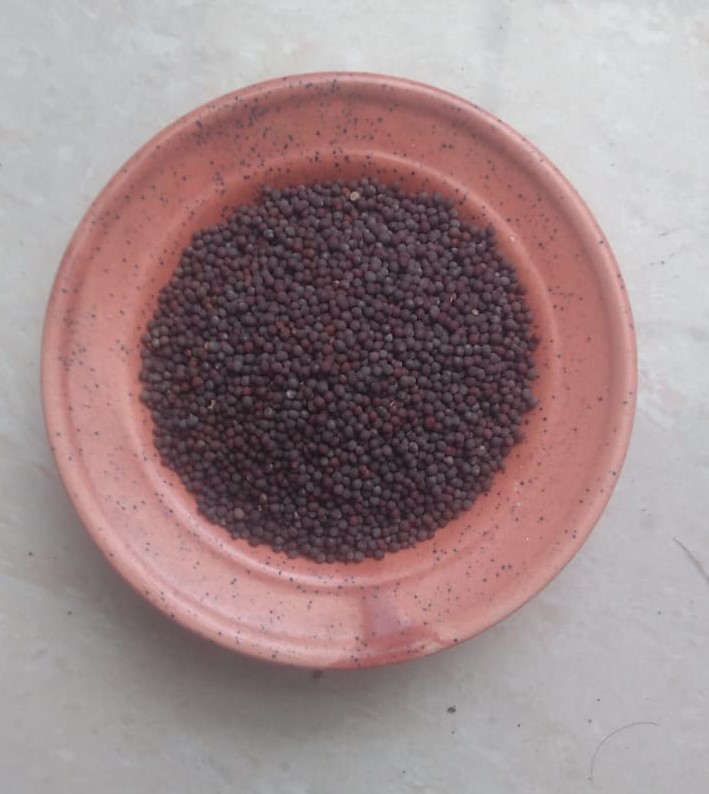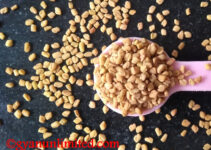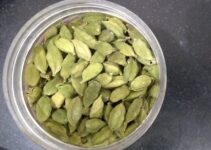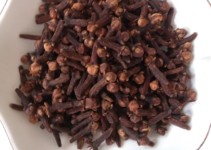Is Mustard Seeds good for you?
Mustard seeds contain vitamins and minerals, phytochemicals, and other antioxidants. The sources are available in different colours, have in-depth health and medicinal benefits, and have been used for cuisines and dishes since ancient times. Both its leaves and seeds are used to make your words more flavorful.
What do you mean by Mustard Seeds?
Mustard seeds, also known as ‘Sarso‘ or ‘Rai‘ in Hindi. These seeds are essential ingredients for various cuisines and dishes across the globe. Mustard seeds, available in white, brown and black varieties are full of health benefits and medicinal uses due to which, it is widely acclaimed as one of the world’s healthiest foods.

10 potential health benefits of Mustard Seeds
- Skin health: These seeds act as antioxidants because of the presence of carotene, lutein, vitamins A, K & C; all of these help in slowing down ageing. If mustard seeds are used along with aloe vera, they help to hydrate your skin along with. They also act as a natural scrub to remove dead skin if used with rose essential oil.
- Hair health: The use of mustard seeds and their oil is beneficial in the case of hair growth, conditioning, and strengthening of hair. Massaging the scalp with mustard oil is helpful in hair growth and its health. Since the seeds contain protein, calcium, vitamins A & E, omega-3, and omega-6 fatty acids, all these make the hair stronger.
- Rheumatic arthritis: Mustard seeds have a good amount of selenium and magnesium, which are effective for people who are suffering from rheumatic arthritis.
- Cancer prevention: Mustard seeds have some phytochemicals such as glucosinolates and myrosinase, which are beneficial in the treatment and prevention of cancer. A study published in the Journal of Human & Experimental Toxicology showed that the seeds may have chemopreventive potential.
- Dietary fibre: Mustard seeds have an adequate amount of dietary fibre, which is suitable for smooth digestion, metabolism, and prevention of constipation thus helpful in other digestive-related issues. It also ensures easy bowel movement and enhances digestive power.
- Lowers blood pressure: Numerous nutrients like copper, iron, magnesium, and selenium are present in mustard seeds, which are essential in reducing blood pressure. These are also good at giving relief from menopause.
- Asthma prevention: Regularly using mustard seeds is helpful for respiratory problems, including asthma, as it contains some essential minerals like copper, magnesium, iron and selenium, which act well against respiratory issues.
- Treats headache: The seeds have a suitable amount of magnesium, which is beneficial in case of migraines and headaches.
- Enhances good cholesterol: The optimal use of mustard oil helps to reduce harmful cholesterol levels in the blood, thus suitable for cardiovascular problems.
- Strengthens teeth and gums: Mustard seeds are packed with selenium, which makes bones more robust, and along with certain antioxidants it helps relieve pain in the gum and teeth.
Known medicinal uses of mustard seeds
Mustard has been a remedy in traditional medicine since the Greek and Roman civilisations.
- Lowers blood sugar: In a study, it has been that using medication along with mustard green decoction, helps to manage type 2 diabetes than medication alone.
- Psoriasis: Mustard seeds help to reduce inflammation, thus preventing psoriasis.
- Dermatitis: The use of mustard seeds speed up the healing process and helps to reduce the symptoms of dermatitis.
- Combat infection: The presence of antioxidants in mustard seeds helps to fight against diseases of viruses and bacteria.
- Thyroid issues: Those people who are having thyroid problems should avoid using these seeds.
- Common cold: Mustard oil is used in the common cold. People like to use it in the upper region of the nostrils to get relief from cold.
- Joint pain: The massage of mustard oil over joints or pain areas is helpful to get relief over joint pains or in case of arthritis. It is also beneficial in case of low back pain and foot ache.
Mustard Seed’s side effects
There are some safety issues and side effects of taking mustard seeds.
- Consuming it in large quantities may result in abdominal pain, diarrhoea, and gut inflammation.
- Uncooked seeds and leaves should be avoided as these may interfere with the function of the thyroid gland due to the presence of goitrogens.
- An excess amount of black mustard seed by mouth can damage the throat
- Drowsiness
- Coma
- Skin blister
- Heart failure
- Diarrhea
Nutritional facts of Mustard Seed
Mustard seeds contain the nutrition as given: Energy (508 Kcal), Carbohydrate (28.09g), protein (26.08g), total fat (36.24g), dietary fibre (12.2g), Niacin (4.733mg), Pantothenic acid (0.810mg), Pyridoxine (0.397 mg), riboflavin (0.261mg), vitamin C (7.1 mg), sodium (13mg), Potassium (738 mg), calcium (266 mg), Copper (0.645), Iron (9.21mg), Magnesium (2.448mg) and Zinc (6.08mg).
Mustard Seeds Facts
- Mustard seed is the second most popular spice in the world.
- Mustard has been mentioned around 5 times in the Bible.
- It is also mentioned in the Bible as the greatest herb ever.






